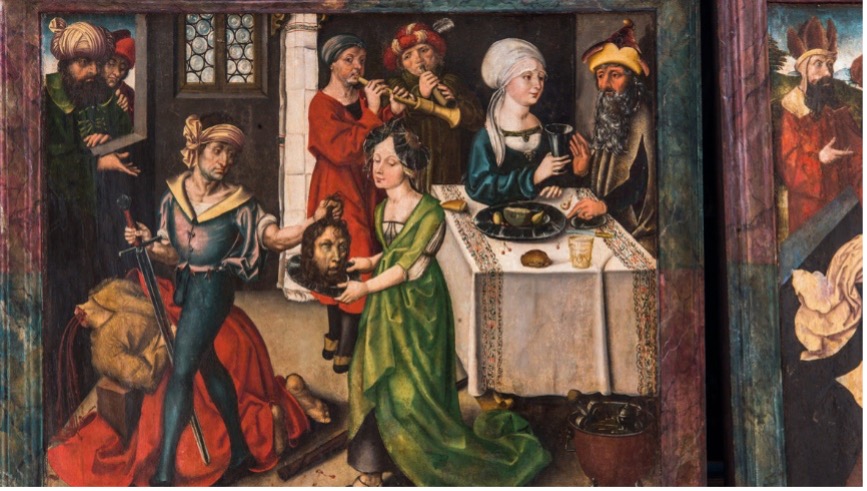Hello everyone. If you have not met me yet, my name is Rutton Viccajee. I am standing in for Ian over the summer until the end of August. I am the assistant curate at Saint Nicolas Church Cranleigh.
I also work part-time (in finance) for an IT company.
It’s been a real pleasure and privilege to be asked to cover for Ian during this time.
I’ve managed to deliver two services so far, one at Dunsfold and one at Hascombe. I have to say, everyone has been extremely supportive and welcoming. Thank you!
In particular, I have enjoyed considerable assistance from the wardens, the pastoral care folks, the musicians, the readers and the intercessors. I never forget that it’s a team effort, so thank you all very much indeed. And sincerely meant.
We live in times of great change and disruption. Therefore, when I look at the readings we are to engage with during our summer services, it struck me that the one common theme running through is the journey through Mark’s Gospel. It is therefore those readings I would like to concentrate on in my sermons and talks. So, if I’ve missed out your favourite passage, please do tell me. I’d love to talk to you further as to whether I can make an exception!
But in the meantime, our journey through Mark continues in chapter 6 with a dark passage indeed.

As shown in this Albrecht Durer painting, at first sight, the gruesome death of John the Baptist contains little comfort for us in these difficult times of change and uncertainty – and indeed illness and death. The story seems dark indeed: the arbitrary and immoral abuse of power of the tyrant, sex and lust, illegitimate morals, behind-the-door political deals, and the great evil and danger of psychotic insecurity. And, of course, the murder of an innocent preacher, in the most gruesome manner imaginable.
And we have to say to ourselves, as I have said, Lord what are you trying to tell us through this passage? It seems so dark, it seems so evil, there seems so little redemption.
I think one of the many answers that we might receive is that the passage is all about courage. Courage to face up to those evils, courage to say “no, enough is enough”. Courage to ignore personal security and safety, a personal security and safety which we cannot in any case control. Courage to stand up for what is right, and bother the consequences. There is much insecurity in not doing so. That fear and insecurity leads to failure, as indeed Herod is to find later on in his political career.
Conversely, there is much faith and goodness in taking courage in both hands, and doing what God seems to be asking us to do in the moment, however unnatural or scary.
I am reminded of the motto of the Duke of Lancashire Regiment “Nec Aspera Terrent” which is quite difficult to translate. ‘By difficulty undeterred’ would be one sense of it. But it’s often translated as “Difficulties be dammed!” I hope you pardon my language. But sometimes, emphasis is required in courage.
The same sentiment is expressed on one of my favourite hymns – and I hope it might be a favourite with you too:
Not forever by still waters
Would we idly rest and stay;
But would smite the living fountains
From the rocks along our way.
Please forgive these half-formed thoughts. Hopefully by the time we get to Sunday I will be a little more coherent!
In the meantime, let’s pray to God for the courage we need, for the everyday, as well as for the crisis-day.
May His Holy Spirit fill us with gentle courage and strength for all the lies before us.
Amen
